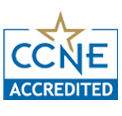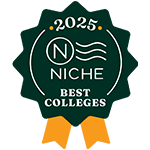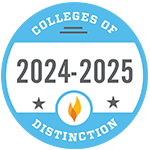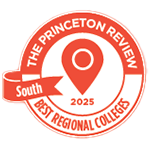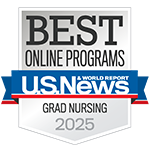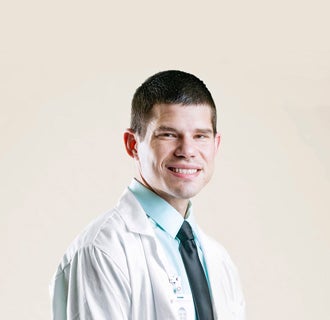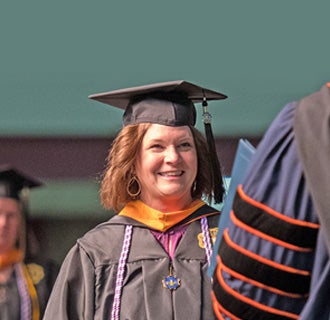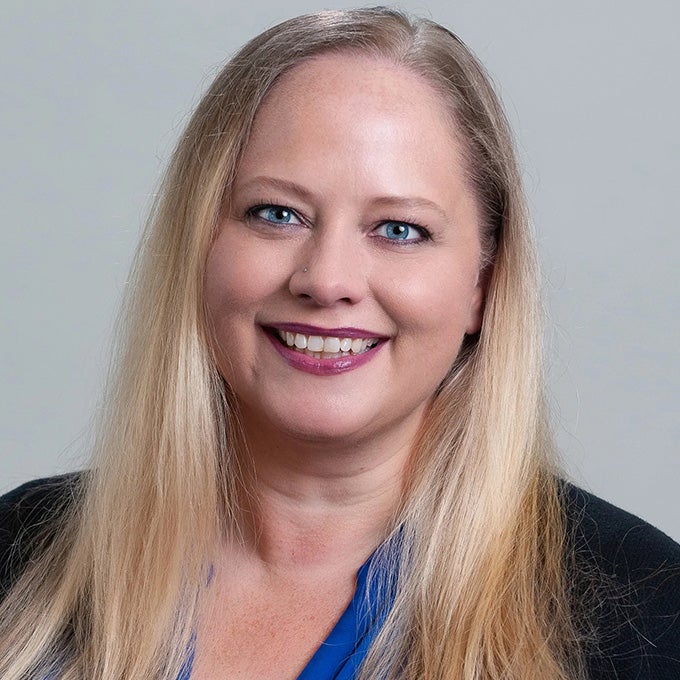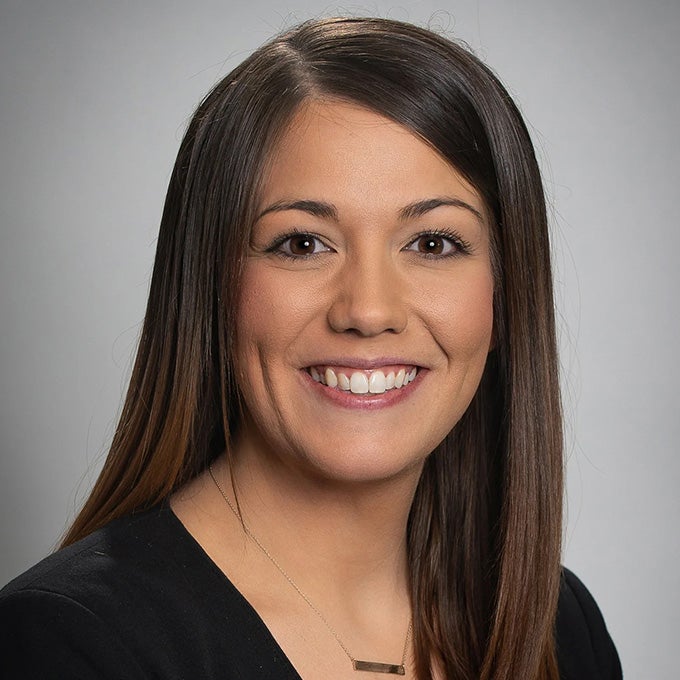Get Started Now
Learn more about Carson-Newman University's online FNP programs.
- 100% Online Coursework
- Less Than $32k Total Tuition
- Clinical Placement Support Provided
- Dedicated Student Success Advisor
Apply Now for Fall 2025
Clinical Placement
Students in Carson-Newman’s online family nurse practitioner programs receive clinical placement support for 780 clinical hours.
To learn more about clinical placement support in our online FNP programs, check out the commonly asked questions below.
What Does Clinical Placement Mean?
Clinical hours are a required component of Carson-Newman’s MSN-Family Nurse Practitioner degree and Post-Master’s Certificate program. Clinicals work in tandem with the classroom-based coursework to allow students to gain real life practice with expert supervision, build relationships with potential employers and receive counsel from an accomplished mentor. At Carson-Newman, our clinical placement team will help support securing preceptors and clinical sites for you, saving you time.
How Does The Process Work?
As you begin your program, you will receive a placement intake form. Using information from the form and clinical objectives, our clinical placement support team will offer assistance with preceptor matching and clinical placement support, ensuring your sites are qualified to meet program and state-specific requirements.
Why Is Clinical Placement Important?
Finding a preceptor and clinical site can take intensive research and coordination, taking time away from studies. A lack of support also leaves room for miscommunication or rejected placements, setting a student back for months. The Carson-Newman Department of Nursing believes you are only as successful as your training, which is why we offer support in the clinical placement process. With this peace of mind, you can better focus on your studies and building competency.
The Carson-Newman Difference
“Clinical placement support” can mean various things from school to school. The Carson-Newman advantage is that our clinical placement support saves you time so you can focus on your coursework and core competencies.
Your placement specialist will help you with the logistics of securing quality placement sites and preceptors, with the option to leverage our network of providers for up to 780 hours, as well as any referrals from you.
Learn More
Important Dates
Apply Now for Fall 2025
Our Students Come First
A Private School Education at a State School Price
Founded in 1851, Carson-Newman is a nationally ranked Christian liberal arts university. The online FNP programs are part-time for working nurses with a student-centric curriculum. Faith and learning are combined to create a transformative education designed to empower you as an autonomous primary care provider.
The master's degree program in nursing at Carson-Newman University is accredited by the Commission on Collegiate Nursing Education ( http://www.ccneaccreditation.org).
Explore More
Fully Supported All The Way
Carson-Newman is a leader in adult online education. Students enrolled in our online FNP programs can expect the same academic rigor and support as on-campus nursing students. Our dedicated faculty and staff empower working nurses to turn their vision into reality. From enrollment support to clinical placement support to guidance until graduation, you’ll never be alone on your FNP journey.
Your student success team will help you with:
- Enrollment Support
- Admissions Requirements
- Program Details
- Clinical Placement Support
- Tuition Information
- Upcoming Start Dates


